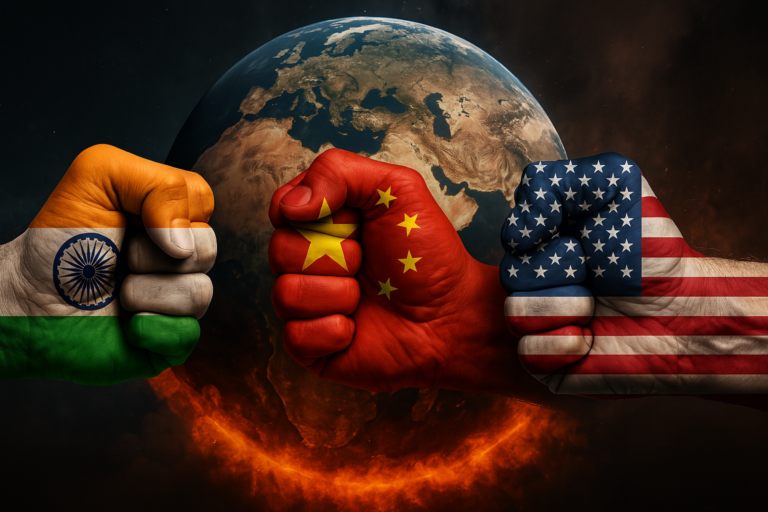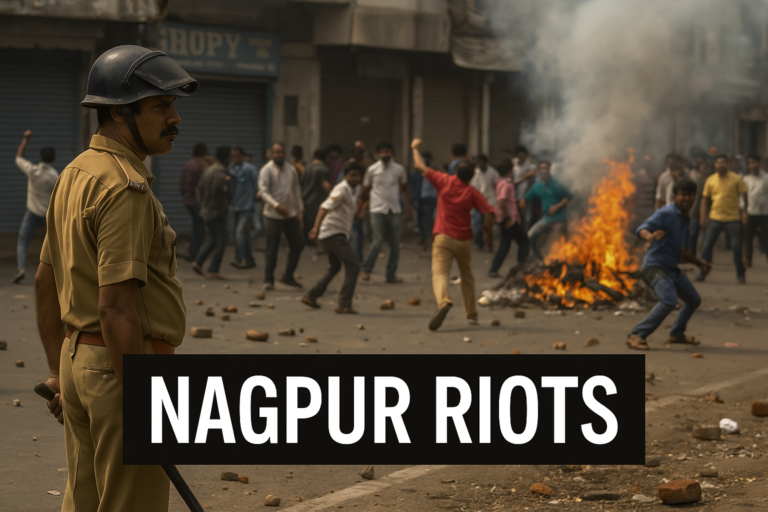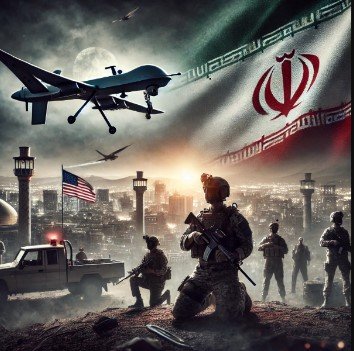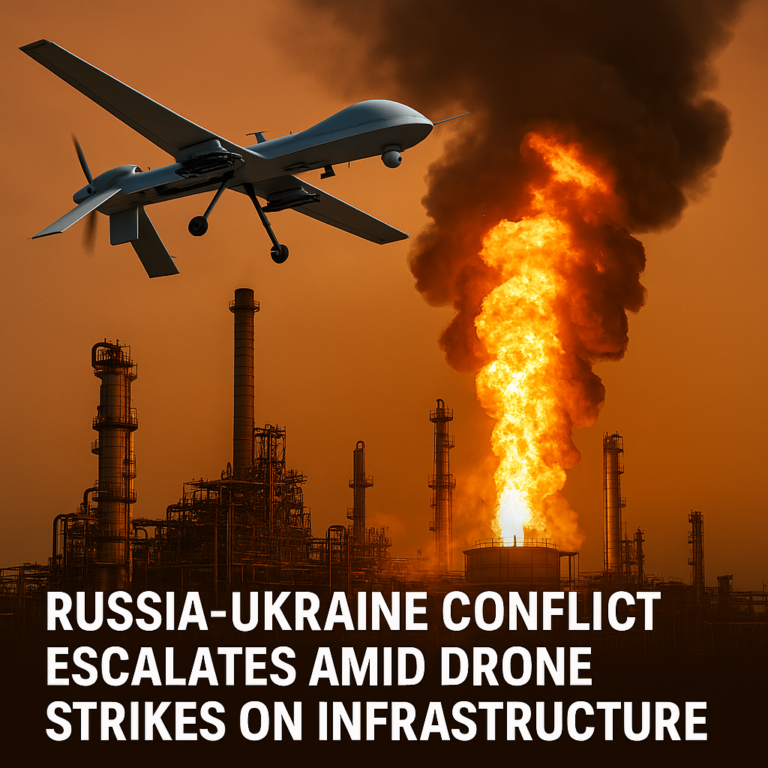
Political transition and diplomacy: A reflective portrayal of Justin Trudeau’s resignation and its implications for Canada-India ties.
The resignation of Canadian Prime Minister Justin Trudeau has sent shockwaves through global politics and diplomacy, particularly affecting Canada-India relations. With the world watching, this leadership shift raises critical questions about the future of international alliances and trade negotiations.
Why Did Justin Trudeau Resign?
Justin Trudeau’s resignation comes amid mounting challenges on both domestic and international fronts. On the home front, rising inflation, economic stagnation, and waning public support placed immense pressure on his leadership. Internationally, Trudeau’s controversial handling of the Hardeep Singh Nijjar assassination allegations significantly strained Canada-India ties.
Trudeau alleged credible evidence linking Indian agents to Nijjar’s murder, sparking a diplomatic crisis. India dismissed the claims as baseless, leading to the expulsion of diplomats and a freeze on trade talks. Critics argue that Trudeau’s approach deepened the rift, contributing to his political downfall.
Impact on India-Canada Relations
1. Diplomatic Tensions
Trudeau’s resignation leaves India-Canada relations in a precarious state. The diplomatic expulsions and stalled trade talks illustrate the fragility of their partnership. The leadership transition offers a potential reset—if Trudeau’s successor adopts a more constructive approach to mending ties with India.
2. Trade Partnerships in Limbo
India and Canada share significant trade ties in agriculture, technology, and defense. However, the diplomatic fallout over Nijjar’s case has halted economic discussions. Trudeau’s resignation could pave the way for rebuilding trust, though restarting trade talks may prove challenging.
3. Sikh Diaspora and the Khalistan Issue
The Khalistan movement, advocating for a separate Sikh state, continues to be a contentious issue. Trudeau’s perceived support for separatist groups intensified tensions with India. Canada’s next leader will face the delicate task of balancing the interests of the Sikh diaspora while fostering a healthier relationship with India.

Canada’s Internal Political Landscape
Trudeau’s departure marks a pivotal moment for Canadian politics. The Liberal Party faces declining public support, while opposition parties are gearing up to capitalize on this transition. With elections on the horizon, the country’s political future hangs in the balance.
Potential Successors
Trudeau’s successor will significantly influence Canada-India relations. A leader prioritizing diplomatic engagement could ease tensions, while a continuation of Trudeau’s policies risks prolonging the stalemate. This leadership vacuum also raises concerns about Canada’s ability to address pressing domestic and global challenges.
Global Implications of Trudeau’s Resignation
Canada’s Reputation and Diplomatic Credibility
Trudeau championed progressive values like multiculturalism, climate action, and human rights. However, his resignation amidst unresolved controversies has cast doubt on Canada’s reliability as a global ally. Countries that once viewed Canada as a stable partner may now reassess their ties, especially in forums like the G7.
Relations with Major Allies
- United States: As Canada’s closest ally, the U.S. has a vested interest in Canadian stability. Trudeau’s resignation adds complexity to bilateral cooperation on border security and economic growth.
- European Union: Trudeau’s policies often aligned with the EU on climate change and trade. His exit creates uncertainty about the continuation of these collaborations, particularly concerning the Comprehensive Economic and Trade Agreement (CETA).
- India and the Indo-Pacific: With the Indo-Pacific’s rising geopolitical importance, Canada’s strained relations with India weaken its regional position. Trudeau’s resignation could allow Canada to rethink its strategy in this vital area.
Economic Repercussions on Global Trade
Canada’s economic policies, heavily dependent on international partnerships, face an uncertain future. Trudeau’s resignation disrupts trade negotiations with India and other emerging markets, potentially impacting sectors like agriculture, energy, and technology.
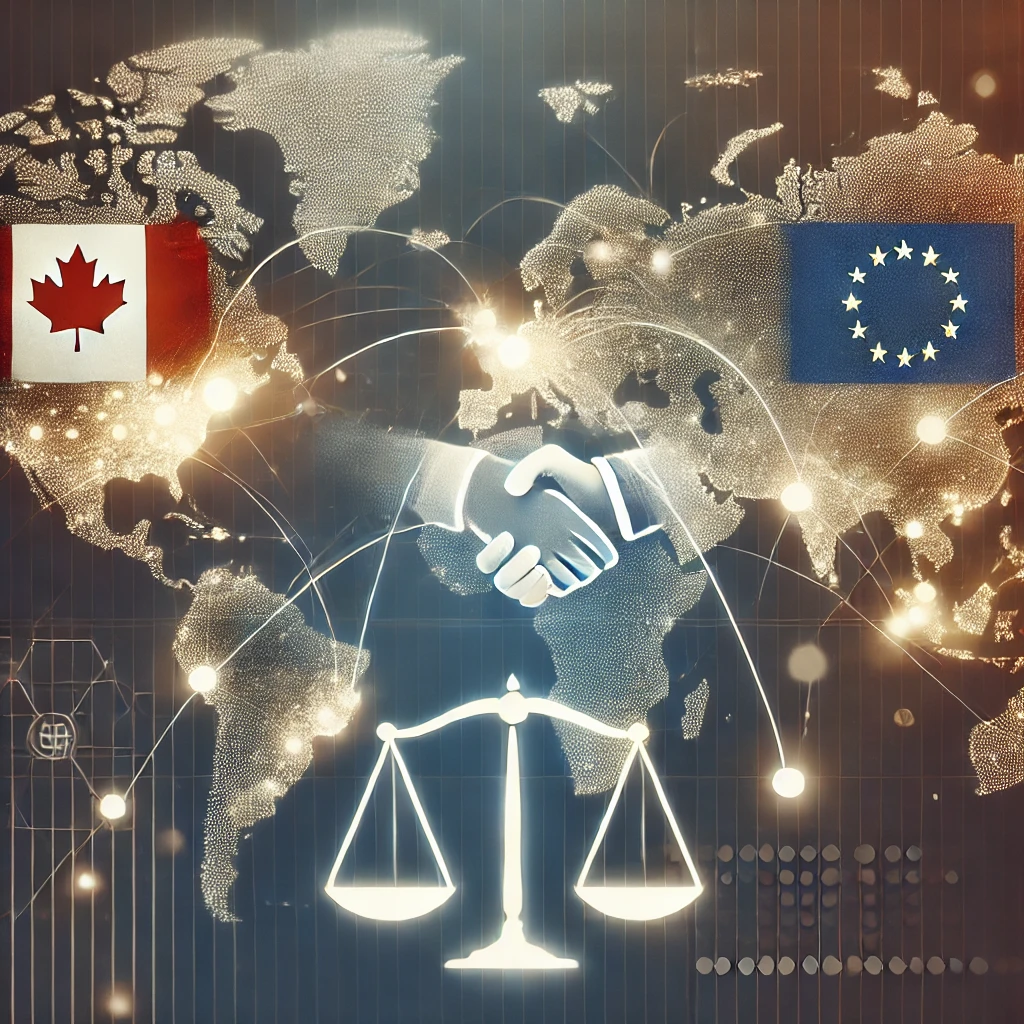
Human Rights and Multilateral Leadership
Trudeau’s tenure was defined by advocacy for LGBTQ+ rights, climate action, and Indigenous reconciliation. His resignation leaves a void in Canada’s leadership on these issues. The next government must decide whether to continue championing these causes or adopt a more inward-looking focus.
A Turning Point for Canada
Justin Trudeau’s resignation marks a critical moment for Canada, with far-reaching implications for its domestic politics and global standing. For India, this shift offers an opportunity to reset relations, but challenges like the Khalistan issue and the diplomatic fallout remain significant hurdles.
As Canada navigates its political transition, the world watches closely. The next leader’s ability to address these challenges will determine whether Canada can regain its diplomatic credibility and reestablish itself as a key player on the global stage.
